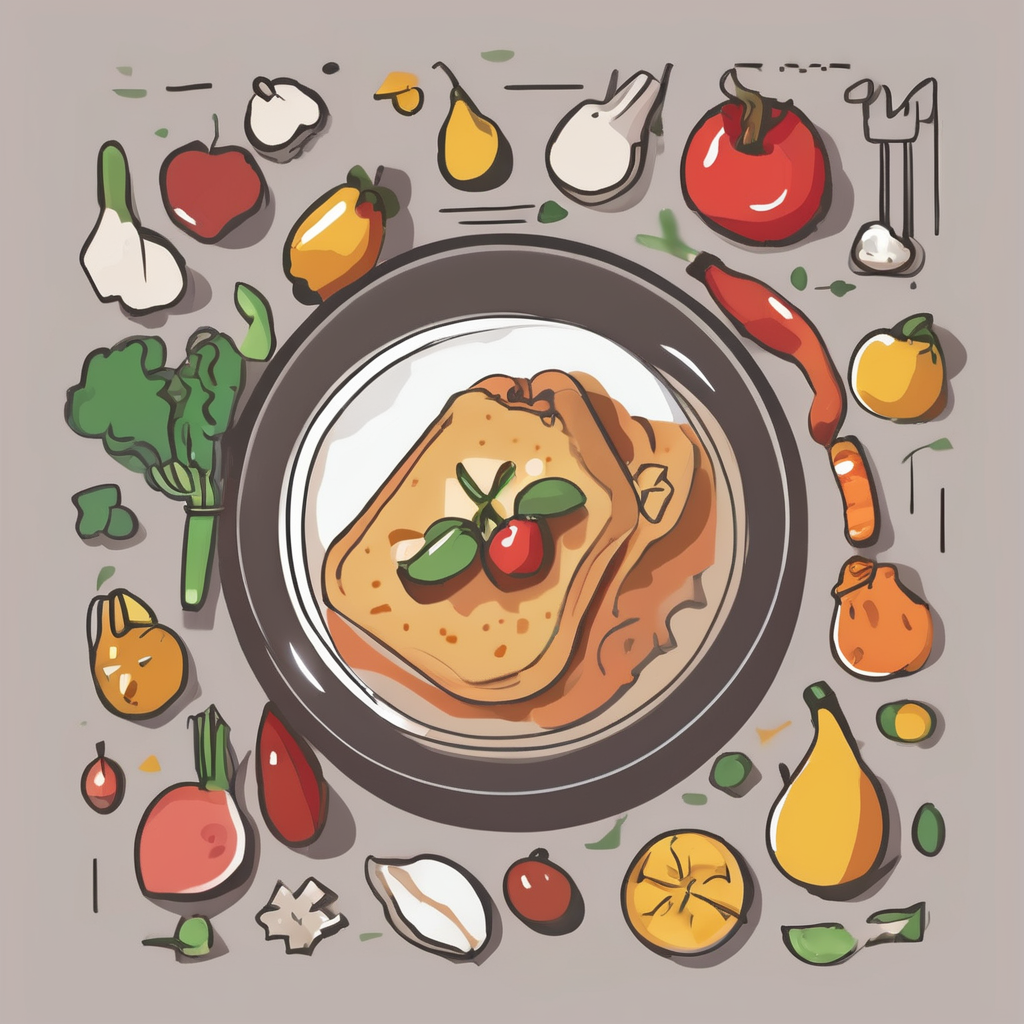Key Innovations Shaping the Future of UK Kitchens
The future kitchen trends UK are rapidly evolving with kitchen design innovation centered on smart technology integration. Breakthrough smart appliances, from AI-powered ovens to voice-activated coffee machines, enable seamless connectivity, allowing homeowners to control multiple devices from a single interface. This revolution enhances convenience and precision, making meal preparation more intuitive.
Automated solutions significantly improve kitchen efficiency. Features like sensor-driven faucets, robotic vacuum cleaners, and automated inventory management minimize tedious tasks, saving time and reducing waste. These advancements redefine how kitchens operate daily, shifting towards smarter, hands-off functionality that responds to user habits and preferences.
Additional reading : How Can You Create a Sustainable Kitchen in Your UK Home?
Additionally, kitchen technology advancements incorporate cutting-edge materials such as antibacterial surfaces and sustainable composites, which blend style with health-conscious design. Innovative kitchen design innovation explores modular layouts and adaptable storage to maximize space, crucial in UK homes with varying room sizes.
Together, these trends show the kitchen of the future as a hub of smart connectivity, automated ease, and refined materials, offering a glimpse into how daily cooking and living spaces will transform across the UK. Embracing these changes means stepping into a more dynamic and efficient kitchen environment tailored to modern lifestyles.
In parallel : What’s the Future of Culinary Innovations in the UK Kitchen?
Rising Demand for Sustainability and Eco-Friendly Materials
The surge in interest for sustainable kitchen materials reflects a growing awareness of environmental impact within homes. Homeowners increasingly favor recycled, renewable, or low-impact materials like bamboo, reclaimed wood, and recycled glass. These choices reduce resource depletion and landfill waste, making kitchens both stylish and environmentally responsible.
In the eco-friendly kitchens UK market, energy-saving technologies are gaining traction. Appliances with high energy efficiency ratings and smart sensors optimize energy use, lowering utility bills and carbon footprints. Additionally, waste-reduction systems—such as integrated compost bins and recycling centres—help households minimize landfill contributions, directly supporting greener living.
Industry initiatives further bolster this shift. Manufacturers and designers collaborate to promote green kitchen innovations that combine aesthetics with sustainability. These include low-VOC paints, water-saving faucets, and sustainable cabinetry sourced from responsibly managed forests. Such efforts make sustainable kitchens increasingly accessible, practical, and appealing to all consumers seeking to embrace eco-friendly lifestyles without compromising functionality or design.
Smart Appliances Transforming Culinary Experiences
Smart kitchen appliances UK are revolutionizing how we approach cooking with their cutting-edge intelligent kitchen technology. These next-generation devices often feature AI-powered functions, allowing for precise cooking adjustments, recipe suggestions, and even automatic ingredient detection. This transformation enhances convenience for users, especially in busy households.
One key development is the integration of remote control capabilities. Through mobile apps, users can preheat ovens, monitor cooking progress, and adjust settings remotely, offering flexibility and reducing the need for constant supervision. Moreover, the rise of connected kitchens enables multiple appliances to communicate, creating a harmonious environment where devices collaborate. For example, a smart fridge can inform the oven about ingredient availability, streamlining meal preparation.
This technological evolution also promotes improved cooking habits. Automated timers and alerts prevent overcooking, enhancing food safety, while intelligent sensors aid in energy efficiency by optimizing appliance usage. Overall, the adoption of smart kitchen appliances UK encourages a more sustainable and enjoyable culinary experience, aligning with modern lifestyles seeking both innovation and practicality.
Evolution of Kitchen Design and Lifestyle Integration
Discover how kitchen spaces have transformed to fit modern needs.
The shift towards modern kitchen aesthetics in the UK emphasizes open-plan concepts that merge cooking, entertaining, and living areas seamlessly. This multifunctional kitchen design responds to the demand for flexible layouts, fostering social interaction while preparing meals. By removing barriers, homes become more inviting and practical.
Space-saving innovations underpin this trend, allowing kitchens to serve many purposes without feeling cramped. Think of islands that double as dining tables or cabinetry incorporating integrated appliances, optimizing every inch. These configurations support busy lifestyles by improving flow and usability.
Increasingly, homeowners seek personalisation and customisable design elements. Tailoring cabinetry finishes, lighting, and storage solutions caters to unique preferences and specific needs. This approach makes the kitchen a true lifestyle hub, reflecting individual tastes and routines.
Lifestyle kitchen trends UK continue to prioritize adaptability, blending function with style effortlessly. Whether for a bustling family or a social host, the modern kitchen balances efficiency with comfort, inviting everyone to gather, cook, and connect.
Expert Insights and Predictions for UK Kitchen Spaces
Leading experts in kitchen trends expert opinion foresee a dynamic evolution in UK kitchens driven by functionality and style. Industry analysis highlights a growing preference for multi-functional spaces that blend cooking, dining, and socializing, reflecting homeowners’ desire for versatility. The rise of smart appliances is central to many future kitchen predictions UK, as technology enhances convenience and energy efficiency.
Renowned designers predict an increased emphasis on sustainable materials and eco-friendly designs. This shift responds to environmental concerns, with recycled wood, low-impact composites, and energy-saving features becoming standard. Upcoming projects showcase innovations like integrated charging stations, voice-activated lighting, and enhanced storage solutions tailored to small urban homes.
The kitchen industry analysis also points to customizable layouts and modular units as a key trend, allowing homes to adapt over time without costly renovations. Homeowners are prioritizing durability alongside aesthetics, leading to the rise of materials that combine beauty with easy maintenance.
In summary, the future of UK kitchens marries cutting-edge innovation with practical design, enabling spaces that improve everyday living while responding to evolving tastes and environmental responsibilities. These expert insights encourage embracing technology and sustainability for a truly modern kitchen.
